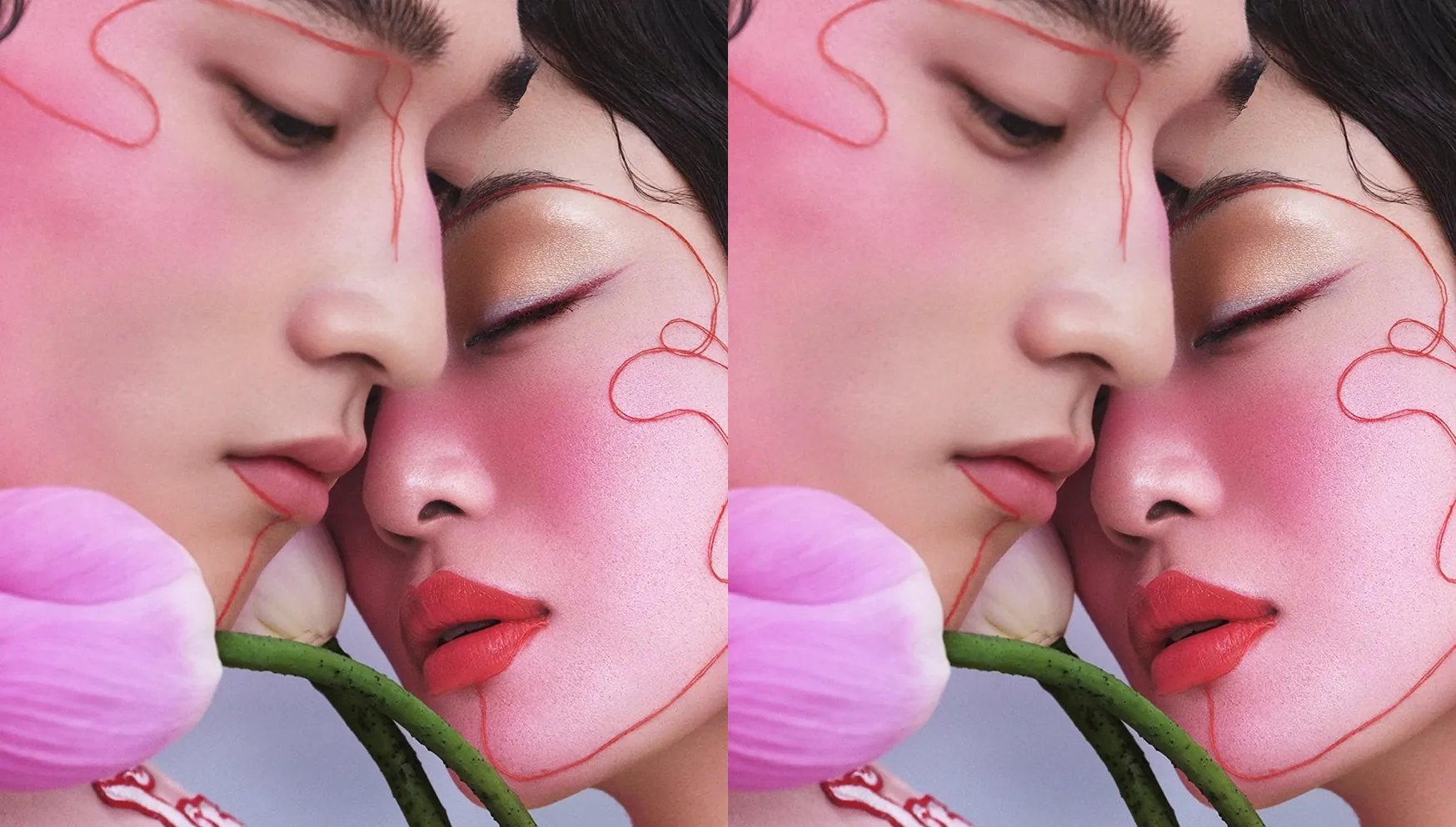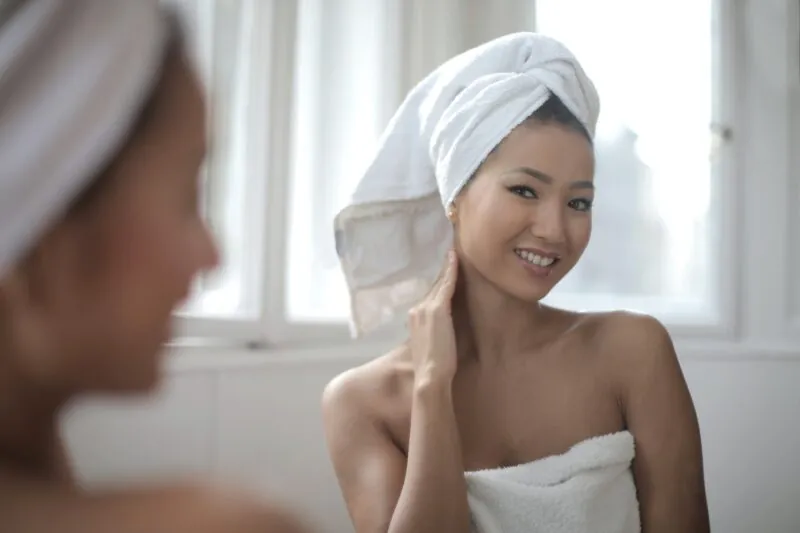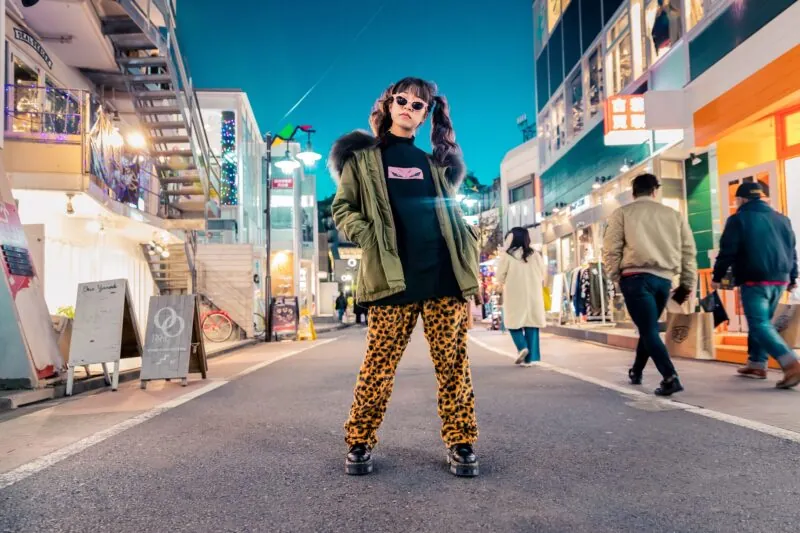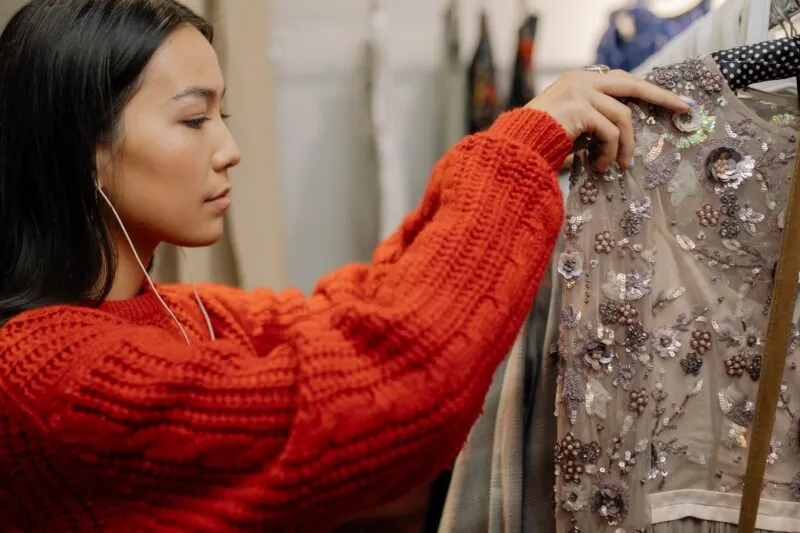Li Jiaqi’s eyebrow pencil gate
In a matter of 10 seconds, Li Jiaqi, China’s former live stream star, put his career on the line by giving a viewer a tongue lashing after they balked at the price (79 RMB; 10.86 USD) of an eyebrow pencil from Chinese makeup brand Florasis (or 花西子huā xī zǐ in Chinese) which he was promoting on a live session on 10 September. Rebuking and looking antsy, the dubbed “Lipstick King” went on to say, “perhaps you should look at yourself and ask ‘how long haven’t you had a pay rise? Have you been working hard enough?’”
Li’s chastising is a wakeup call for Chinese consumers, prompting many to rethink if Chinese beauty brands have over-glorified the real value of their products.
The remarks cost Li more than one million followers within 24 hours on Weibo, China’s answer to Twitter, where he was followed by over 30 million. While little empathy has been shown in public in response to his subsequent video apology, where his voice cracked and he was seen to be on the brink of tears, his chastising also seems to have been a wakeup call for Chinese consumers, prompting many to rethink if Chinese beauty brands have over-glorified the real value of their products.
An overpriced national brand?
Public discussions have evolved from the 31-year-old to Florasis which has become the subject of mockery in the wake of the controversy. It gave birth to 花西币 (huā xī bì or Florasis Coin) as an internet buzzword. Gaining an official definition as “a currency exclusive to China’s office workers”, referring to Li’s comment on pay rises, Hua Xi Bi now serves as a new unit of price measurement with an exchange rate where 1 Hua Xi Bi is equivalent to 79 RMB, which has been satirically used by people who work diligently in order to live a better life.
Hua Xi Bi has been satirically used by people who work diligently in order to live a better life.
The new term soon gathered momentum in the following days with the hashtag “With 1.5 kilograms Hua Xi Bi, one can buy an apartment” amassing over 230 million views on 14 September – a traction gained in less than 16 hours.
The sensation was fuelled by a post on 12 September where a shopper exposed that a five Jade Makeup Brush set from Florasis with a price tag of 919 RMB (126.28 USD) turned out to be made from synthetic fibre bristles, which is deemed as cheap and poor in quality. The disclosure racked up more than 240 million views in just few hours, furthering the public ridicule of the nation’s once prided beauty brand.
“Synthetic fibre for nearly 1,000 RMB? Chanel can be a cheaper alternative to that”, said one comment. “If you can’t get a pay rise of at least 900 RMB, you should be shamed for buying their [Florasis] products,” followed another.
As the episode continued fermenting in the following week, unforgiving netizens flocked to Florasis’s Weibo updates, expressing their discomfort. The brand issued an official apology on 19 September, which garnered more than 460 million views on Weibo within a few hours. Describing the incident as having left them “at a loss”, the post also stated that the apology was offered “with the utmost sincerity and trepidation“. Despite this effort, it doesn’t appear to have saved Florasis from consumer disappointment.
Revisiting the sensation of Chinese brands
The results of a public survey launched by a local media outlet on Weibo is also in line with the awakening amongst consumers. Prompted on whether they would buy such a makeup brush set for 919 RMB, nearly 80% of more than 18,000 participants responded “No”, with 1,970 saying they would rather spend their money on global labels. Only some 300 chose to stick with the homegrown brand despite the furore.
The essence of the rise of Chinese brands and the whole Guochao phenomenon is based on improved product quality.
Such a consumer sentiment should sound an alarm for Florasis, as well as other local market players. The essence of the rise of Chinese brands and the whole Guochao phenomenon is based on improved product quality, which is enhanced by culturally resonating marketing narratives. The consumer confidence and pride in local brands are built upon those preconditions.
Without which, even homegrown brands can easily lose their allure to more pragmatic consumers who exercise rational consumption and seek real value from their purchases. Simply playing the card of “nationalism” is not a sustainable strategy for brands to retain their appeal.









